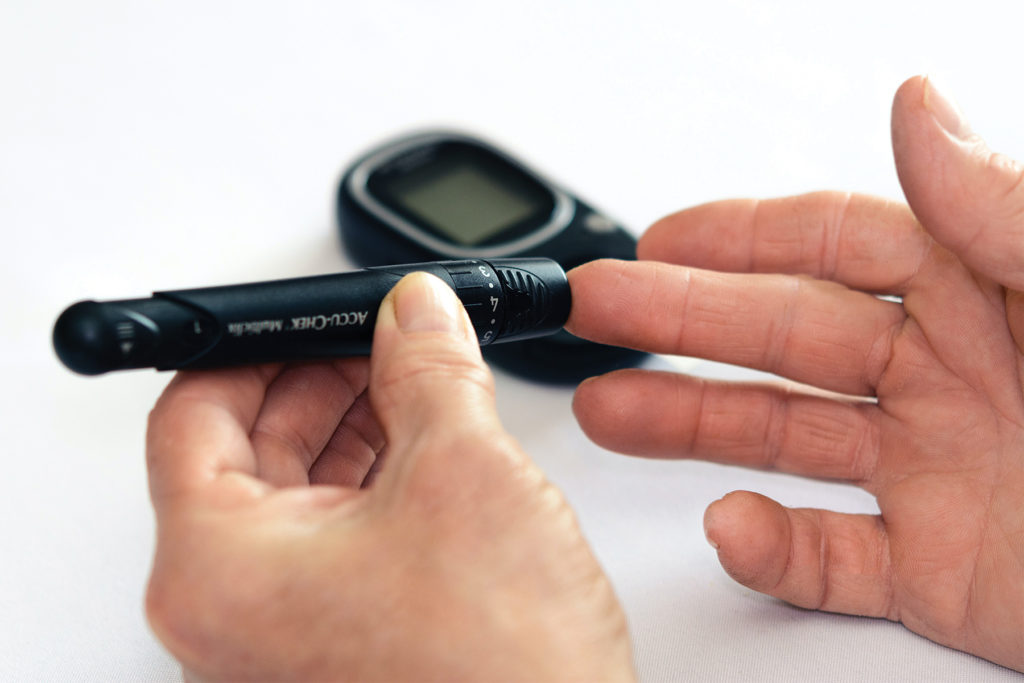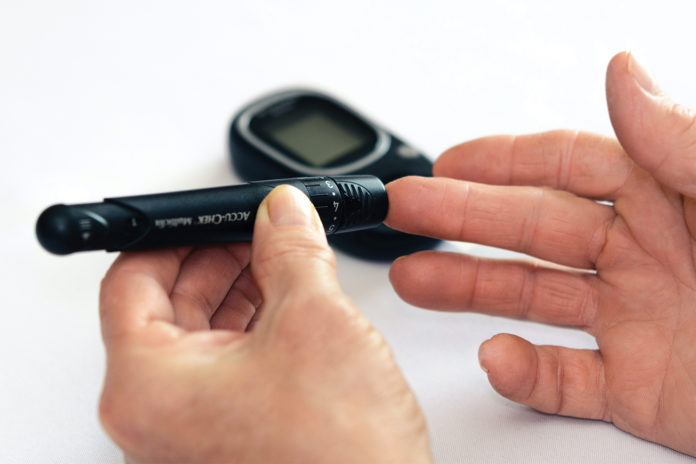Diabetes is a serious and common condition that impacts your entire lifestyle. It’s a condition that affects millions of people worldwide and can have life-threatening consequences if not treated. Part of effective treatment is early diagnosis, and to do this, you need to know what to look out for.
What Is Diabetes?
Diabetes is a condition where you don’t have enough insulin in your body to digest glucose in your system correctly. Undiagnosed diabetes can lead to severe problems, from loss of limbs to comas and death. The chronically high glucose levels in your system will continue to damage organs and cells until it’s controlled.
There are two main types of diabetes. Type 1 is an autoimmune condition often diagnosed in childhood or early adulthood. This type of diabetes occurs when your immune system attacks and destroys the insulin-producing cells in your pancreas. Similar to type 1 diabetes, you also get secondary diabetes, where illness or injury causes damage to your pancreas, which causes it not to produce insulin.
Type 2 diabetes usually has onset in adulthood and occurs when your pancreas stops producing insulin. This often happens after you become middle age and is also referred to as insulin resistance. Type 2 diabetes is linked to unhealthy lifestyles and is also seen in children with childhood obesity.
Early Symptoms of Diabetes
While type 1 and type 2 diabetes have different symptoms, there are a few overlapping signs that you may have one of the two types.
- Excessive thirst and needing to urinate more often: One of the first signs of type 1 and type 2 diabetes is being excessively thirsty and urinating more often than expected. When your glucose levels are normal, your body reabsorbs it as it passes through your kidneys. If your body resists insulin or is not producing enough, your kidneys can’t reabsorb the glucose, which causes more fluid production.
- Itchy skin and dry mouth: Due to the excess production of fluid, you can become dehydrated, which in turn causes dry mouth. Dehydration can also cause your skin to become itchy.
- Hunger and fatigue: Your body needs insulin to absorb glucose, and if you’re not producing enough, or your body is resisting it, then you can’t absorb it. This makes you feel more tired than usual, along with making you feel hungrier.
- Blurry vision: As the fluids in your body change, it can cause the lenses in your eyes to swell. This swelling can make it difficult to focus on objects or cause generally blurred vision.
Type 1 Specific Symptoms
The symptoms of type 1 diabetes usually start to show quickly. It can begin within a few weeks or even a few days. If you realize that you have a combination of these symptoms, you should visit a healthcare practitioner.
- Extreme hunger: While this could be a symptom of type 2 diabetes, if you’re experiencing extreme hunger directly after eating, it may be a symptom of type 1 diabetes.
- Heavy breathing: Heavy, difficult breathing can signify type 1 diabetes. This is referred to as Kussmaul respiration.
- Frequent skin infections, UTIs, or vaginal infections.
- Upset stomach or vomiting.
- Crankiness or sudden changes in mood.
- Sudden bedwetting for a child that’s been potty trained.
- Flu-like symptoms can occur when the body goes into ketosis.
Type 2 Specific Symptoms
Type 2 symptoms generally have a slow onset. If you notice a combination of these symptoms, it’s essential that you see a doctor.
Crankiness.
- Feelings of tingling or numbness in your extremities.
- Wounds that don’t heal.
- Frequent yeast infections.
- Dark rashes around your armpits or neck.

Gestational Diabetes
Gestational diabetes can occur during pregnancy. Just like with type 2 diabetes, it’s linked to being overweight. Changes in hormone levels during your pregnancy can contribute to insulin resistance. Women become insulin resistant during the last trimester of their pregnancy, and most women can produce enough insulin to overcome the condition. Some women, however, can’t. If you’re overweight when you fall pregnant or gain too much weight during the pregnancy, you’re at higher risk of developing gestational diabetes.
Causes of Diabetes
There are many causes of diabetes. Some people have genetic mutations that put them at risk of developing the disease. Other people develop hormone conditions like Cushing’s syndrome, which can cause diabetes. There are even certain medications that can contribute to the condition.
Type 2 diabetes is linked to being overweight and having an unhealthy lifestyle. While this isn’t always the cause, living an active, healthy lifestyle can lower your chances of developing the condition.
Final Thoughts
It’s crucial that you know the signs and symptoms of diabetes so that early intervention is possible. This is especially true if you have a family history of diabetes or other risk factors. A diagnosis can only be made by a medical practitioner, and the test is relatively easy. If you suspect that you may have high blood sugar or be insulin resistant, you should visit your doctor.










